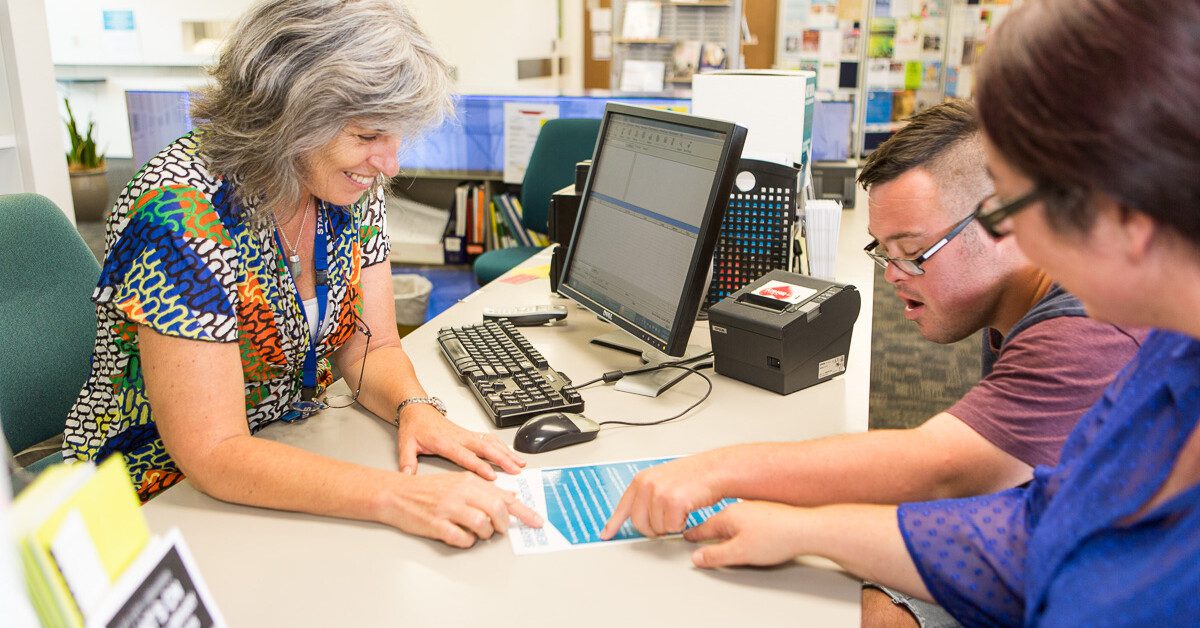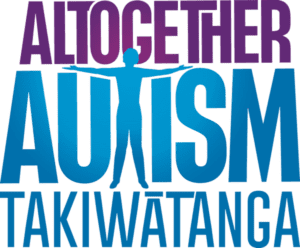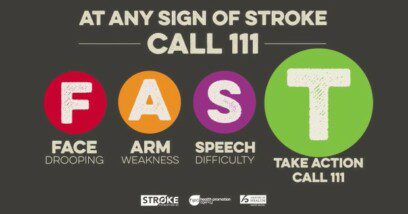
Life skills – such as cooking a simple meal, getting dressed or using electronic banking – may not always seem like exciting tasks to learn but they are all very important in the process of gaining independence, whether that process takes days, months or years.
That’s the view of Cyndi Miller, a Life Unlimited (now known as Your Way | Kia Roha) Local Area Coordinator, who works with people with disabilities and their whanau and families to help foster independence within communities.
“It’s never too early to start learning the basic life skills, which will help you further down the road to live a more independent day-to-day life,” she says. “And if you care for someone with a disability, the message is the same – anything that it’s possible for the person to learn themselves, they should be learning. And if you start when your child is young, they will be able to achieve even more over time.”
Local Area Coordinators often help young adults find their place in their local community once they have finished education and Cyndi says the skills that people need for living with others – such as keeping a house clean, cooking and managing money – are much easier to manage if they have been taught from a young age.
“Like any young person – if mum and dad have done almost everything for them, it’s much harder adapting to independent life.”
Cyndi says the trick to making life skills easy to learn is breaking tasks down into small parts.
“Brushing your teeth is not one task,” she explains. “First you need to find your toothbrush, then find the toothpaste, unscrew the cap, squeeze out the toothpaste and so on. There are actually about 20 steps to brushing your teeth – finishing with putting everything back in the right place. If you’re just working on the first step or two as a start, that’s still good progress.”
Learning food technology at high school means Darya can share cooking responsibilities with her flatmate. Read Darya’s story.
Building up skills slowly is the way to go, she says, and people shouldn’t be discouraged if it takes a long time to learn a task.
“Don’t give up at the first hurdle. Some tasks are bound to be hard and you’ll stumble. But don’t give up. Think about kids learning to ride a bike, how long the training wheels are on and how many times they fall off before getting it right.”
Also be realistic about what can be achieved. “If you’re cooking a meal for the first time, don’t make something complicated – start with baked beans or two-minute noodles. And if that’s all you can cook for a year – that’s still great!”
Cyndi says it’s also great to try and make life skills fun.
“Put some music on while you’re cleaning the bathroom, or reward yourself with a treat after you do a task you’re not so keen on – like some time on the internet or a coffee. For kids, it’s great to use ‘do ‘this’ before you can do ‘that’’. Reward charts are always an effective option as well.”
Learning life skills is not just about encouraging people with disabilities to complete more tasks, she adds.
“When you are able to have more control over your day-to-day life, you instantly feel more fulfilled and your quality of life can improve. Even something as simple as choosing your own clothes to wear can have a big impact on your life, especially if that’s something you haven’t been able to do, or allowed to do, in the past.”
Where to learn life skills
- Your support person or carer – get them to help you learn, rather than always doing things for you.
- Supergrans volunteer to pass on their great life skills to the next generation – there are seven branches around New Zealand.
- Primary Health Organisations (PHOs) sometimes hold free healthy cooking courses.
- Adult and Community Education at local high schools – learn to sew, cook, carry out repairs.
- Your service provider should be able to advise you what’s available locally.
- Neighbours/friends/family are often happy to help if you ask, and you could teach them one of your skills in return.
Online resources for learning life skills
- SEN Teacher – free printables and resources
- Macmillan Education – a range of resources for people of all ages
Local Area Coordination is all about anyone with a disability having a good life in the community. Whether you just need a bit of information or someone to work with while you plan and work towards your goals, Local Area Coordinators are happy to talk to you and your whānau. Your Way | Kia Roha Local Area Coordinators is based in the Bay of Plenty/Lakes and can be contacted on 0800 758 700.





